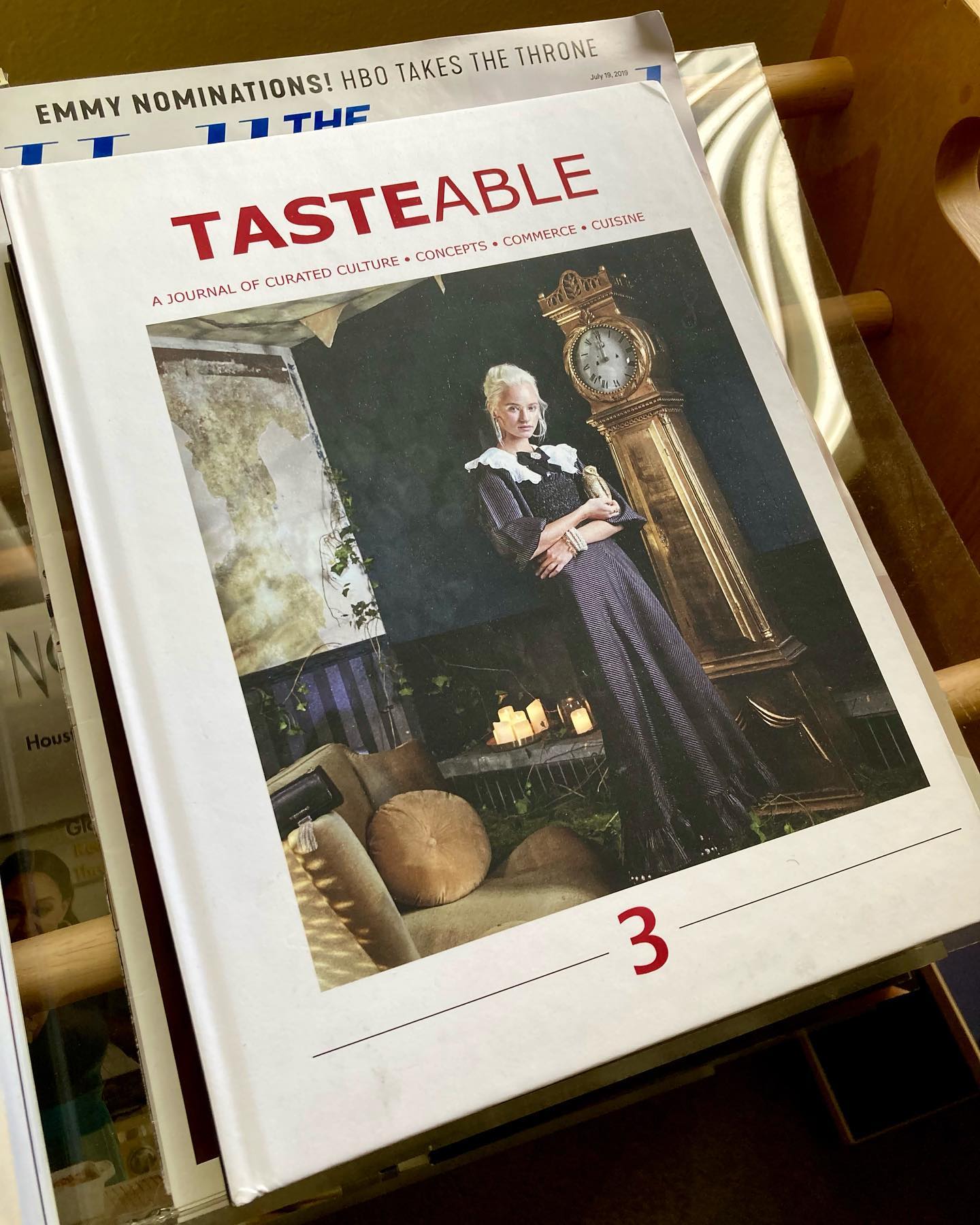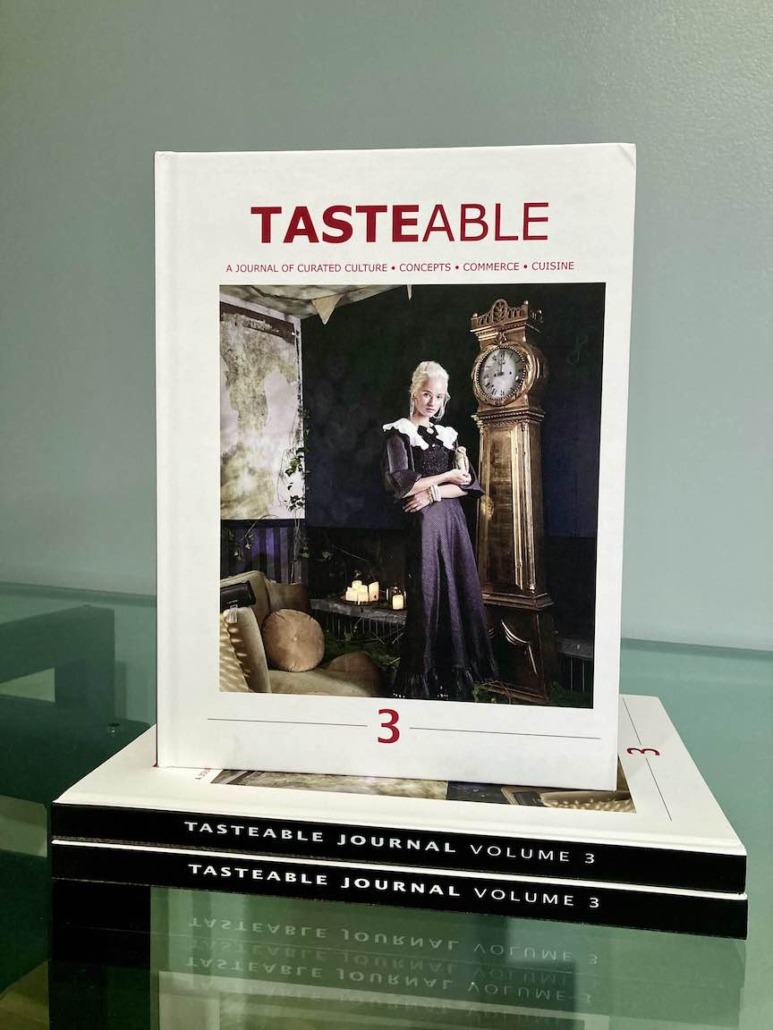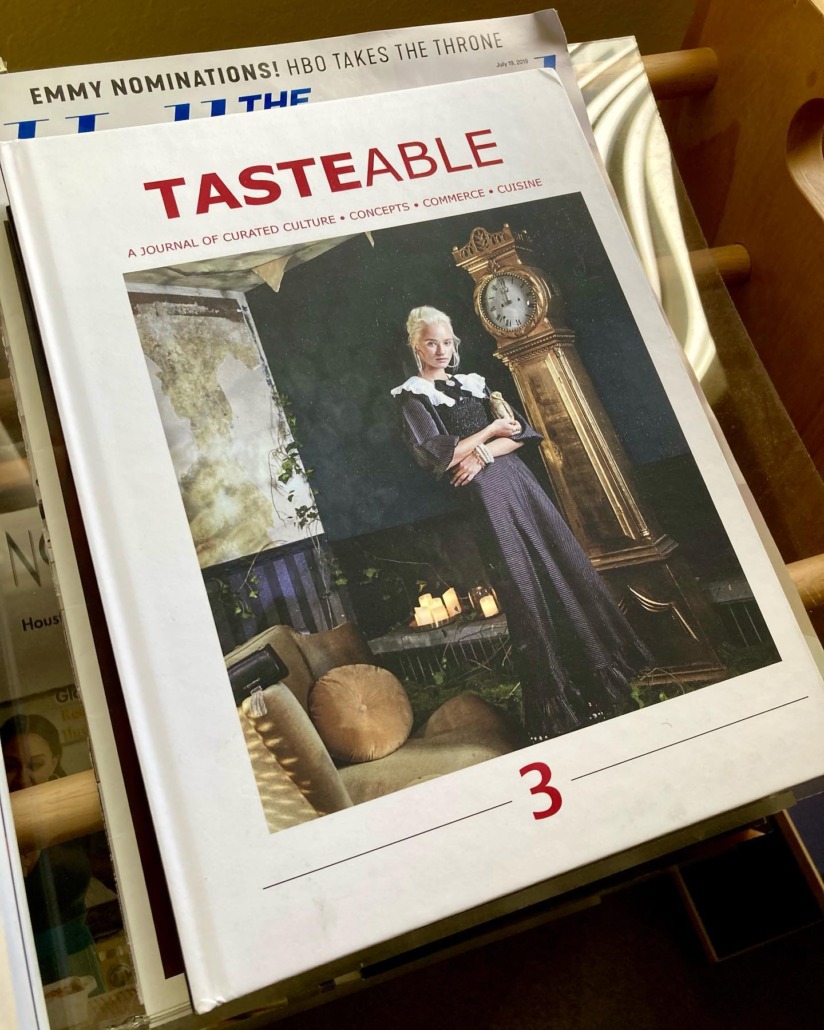Celebrities Invest Funding and Workouts in new Liteboxer fitness system
If you’re looking for more interactivity in your home workouts, Liteboxer, is a new fitness system that has gotten a lot of fanfare. The brand has celebrity followers like 2 Chainz and Busta Rhymes.
The brand recently announced their $20 million Series A funding led by Nimble Ventures, with participation from B. Riley Venture Capital and returning investments from Raptor Group and Will Ventures. Timbaland, the acclaimed producer and Grammy Award-winning Hip Hop artist, also participated in the round.
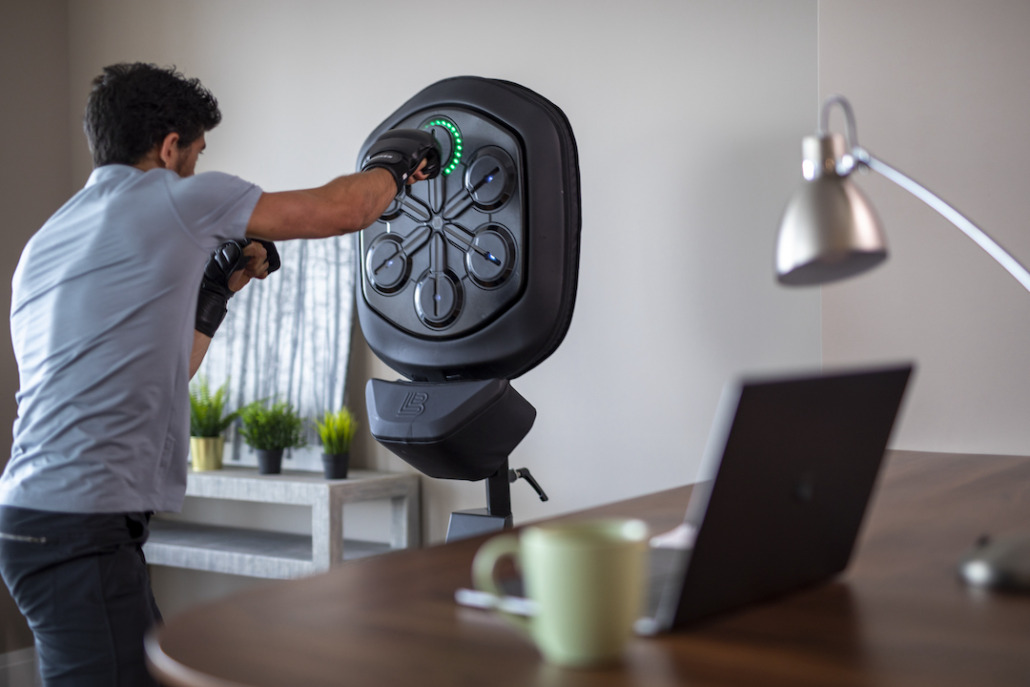
Liteboxer is an at-home workout experience, combining connected fitness with rhythm gaming to make beat-based music programming and creating an addictive approach to fitness (think Dance Revolution, Beat Saber, and Guitar Hero). Rolling Stone writes “A Boxing Startup Is Turning Ariana Grande Bops Into ‘Punch Tracks’.”
Liteboxer’s patented hardware, hit music, game dynamics, and expert training create the world’s most immersive workout. Liteboxer is designed to make high intensity workouts as fun as playing a video game, all while building cardio, strength, and mental acuity. The brand’s exclusive partnership with Universal Music Group makes Liteboxer the first ever fitness platform to make music the center of the entire experience.

Are you more into video games than working out? Liteboxer’s intelligent tech syncs lights, music, and tempo to challenge, quantify, and motivate you- just like a video game. 6 targets, 200+ LED lights, and force sensors detect and track users every move. Get real-time stats and track progress with the personal performance dashboard.

Spar elite boxing trainers with a range of session length, intensity, and music genres. Liteboxer acts as a virtual extension of the trainer with choreographed punch tracks synced to the trainer’s callouts and the songs you love. Challenge yourself or friends to a quick play song of user’s choice with Liteboxer’s always-growing library of the latest charting music. Content never gets old with new classes and songs dropping daily.
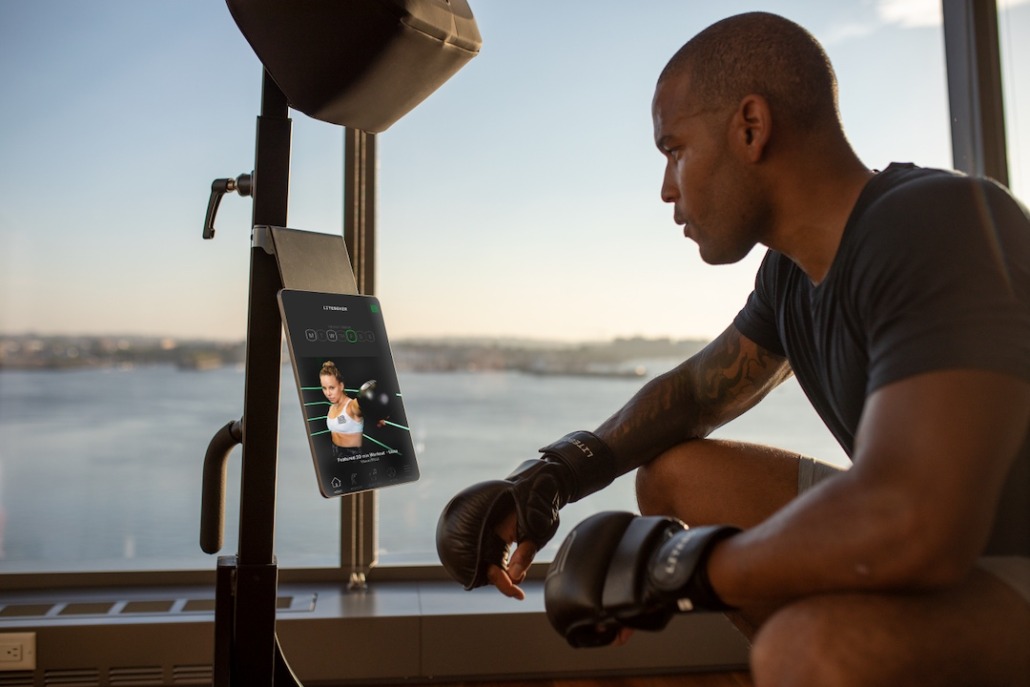
Liteboxer currently retails for $1,495, with a premium app subscription available for $29 per month that offers new programmatic training sessions, music, and competitions. With 0% financing, customers can buy a Liteboxer for just $42 per month.
For more information on visit www.liteboxer.com.



